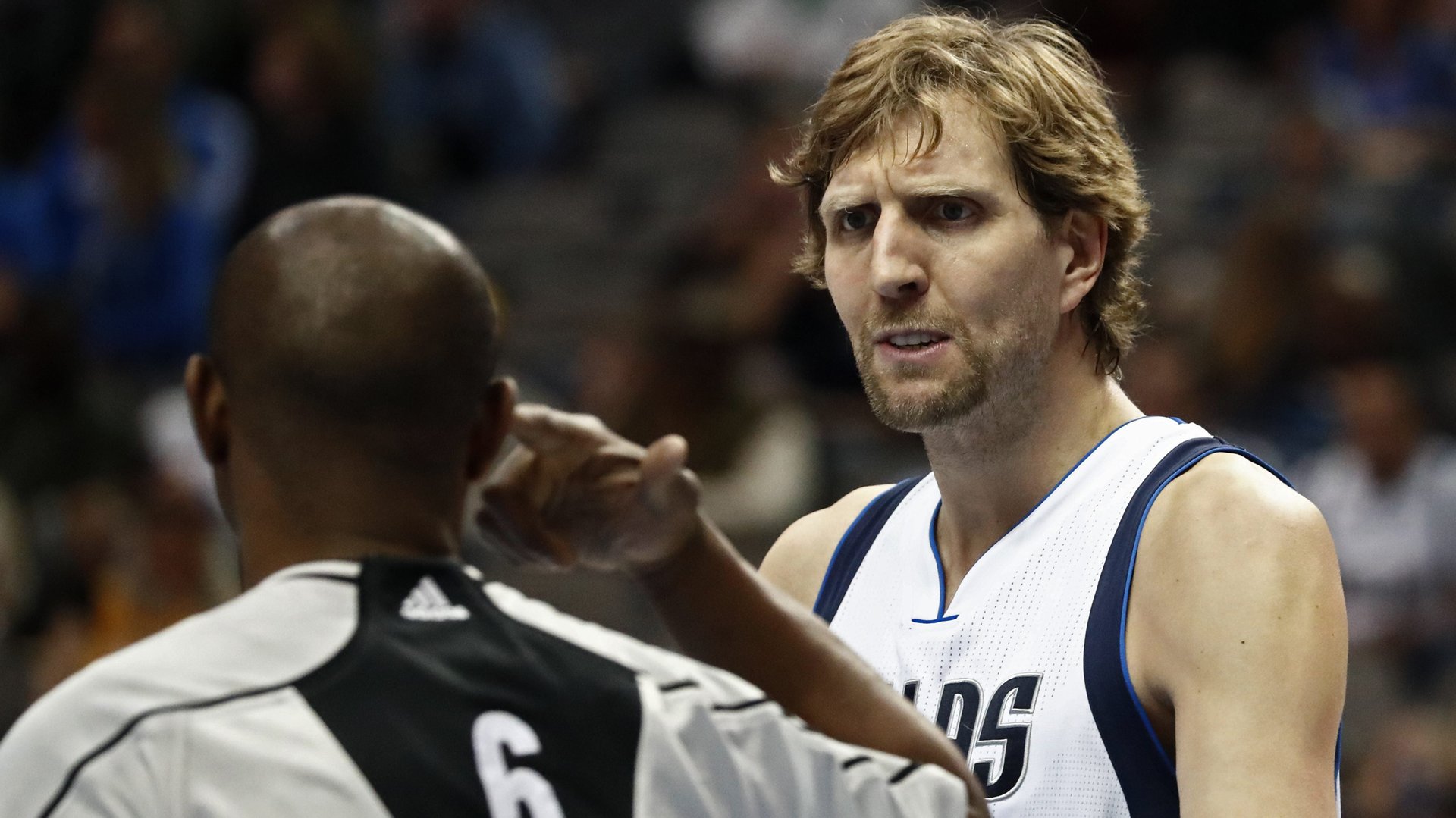The Dallas Mavericks are no longer called the “Little Cows” in Chinese
NBA team Dallas Mavericks has a horse as their logo and mascot, but the team has been mysteriously called xiaoniu, or “Little Cows,” in China for more than two decades.


NBA team Dallas Mavericks has a horse as their logo and mascot, but the team has been mysteriously called xiaoniu, or “Little Cows,” in China for more than two decades.
Now the Mavs have finally fixed the mistranslation. Today (Jan. 4) the team announced that its official Chinese name has been changed to duxingxia, which translates in English to “Lone Ranger Heroes.” The Cambridge Dictionary describes a maverick as someone who “thinks and acts in an independent way.”
The new moniker was chosen by popular vote in an online poll from 50,000 submissions from fans, after club owner and tech billionaire Mark Cuban kicked off a campaign in September to crowdsource the team’s new Chinese name on China’s internet. The other two finalists included names translated as “Fierce Colts” and “Wild Horses.”
“This is the beginning of a new chapter in the Mavericks’ long legacy in China,” said Cuban in a statement. “With this Chinese name change, we’ve made history by giving our Chinese-speaking fans the opportunity to redefine our identity. I think that fans will be proud of this new name.”
Or will they? Under a post about the name change on popular basketball forum Hupu (link in Chinese), Chinese Mavs fans still overwhelmingly refer to their team as the “Little Cows,” with many noting that they’ve grown fond of the name over the years. “[Dirk] Nowitzki can no longer end his career with the Little Cows,” one blogger lamented, referring to the team’s star player.
“I feel it’s weird… We have an animal logo but are called Lone Ranger Heroes. I’d rather make no changes,” another Hupu user wrote in November (link in Chinese) when the new name was revealed for the first time as an finalist.
Behind the Mavs’ name change is China’s growing importance to the NBA. In 2015, Chinese tech giant Tencent bought the NBA’s exclusive digital broadcasting rights in China for five years in a deal worth at least $500 million—the NBA’s largest global partnership to date. The NBA is now the most-followed league in China online, according to a recent market research report, seven times more discussed than the top three European soccer leagues combined.